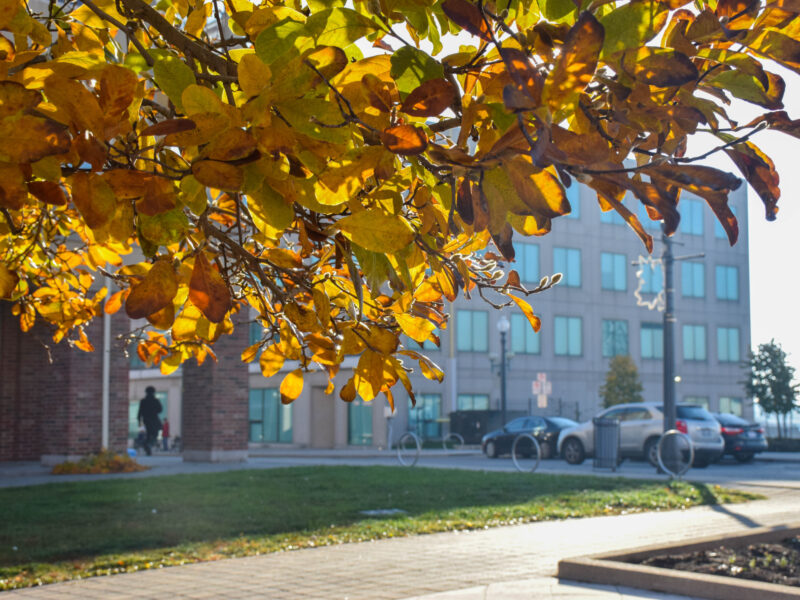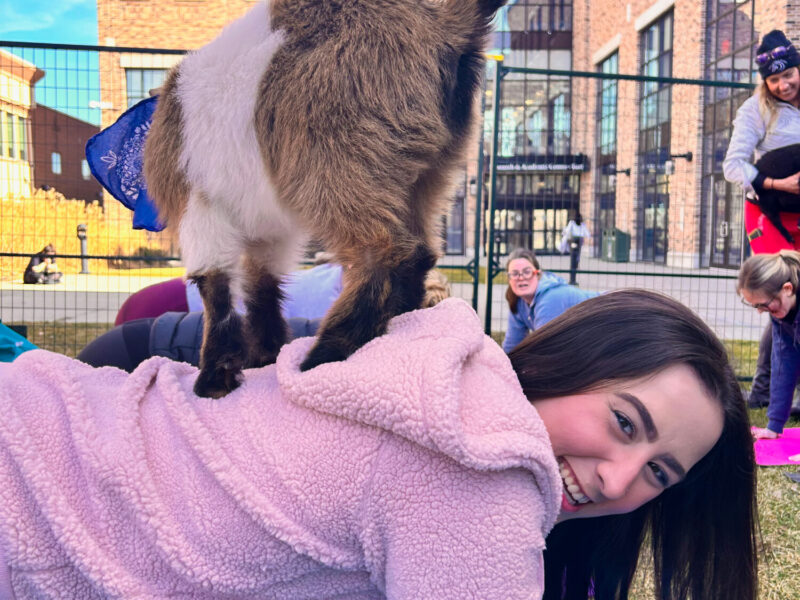Environmentalism
If you were to pick up any newspaper or browse through any news website on any given day, you are bound to find stories about our environment. Topics such as North America’s disastrous attempts at reducing CO2 emissions and our constant destruction of the rain forest regularly make headlines in our mainstream media. Take a look at a few stories that may not have made the front page:
Russian bears developing some bad habits
Environmental officials in Russia have learned that because of record high temperatures over the past summer, many of the plants and berries which bears rely on for sustenance are dying off much earlier. This forces the bears to search for alternative food sources in order to survive, and has resulted in them digging up the bodies of recently deceased people and making a meal out of their decaying flesh. Despite how disturbing it is for the nearby families, the biggest concern is that the bears will develop a taste for “fresher” meat.
Prehistoric urine deposits offers clues to climate change
Tens of thousands of years ago, small rodents resembling guinea pigs called rock hyrax lived in colonies of about 50 along rock ridges and cliff faces in areas of sub-Saharan Africa and the Middle East.
These rabbit-sized animals would share communal “bathrooms” that scientists now call middens. In these middens, their waste would slowly crystallize into a layered substance similar to amber. It is within this reeking rock that scientists now consider of valuable scientific import; for instance, they can tell how much grass the hyrax was eating and how dry that grass was.
Current models of our climate suggest that around 5,500 years ago, the Northern Hemisphere became drier while the Southern got wetter. However, from these middens, scientists are now speculating that Africa, too, became drier.
Some birds may need deodorant to survive
In New Zealand, scientists have found that their native bird’s body odour is so pungent that it may be alerting predators to the location of their nests. All birds release a certain smelly wax that is needed to keep feathers healthy. During mating season, the release of this substance is reduced in order to hide nests from possible predators. However, some birds’ scents are too strong to mask.
Conservationists suggest that unless some radical measures are taken, like adding deodorant to birds’ nests, some species may become extinct.
To know something is to be sure of it and to be sure of that something, you have to have the full story. Join us next issue when we tackle science!



